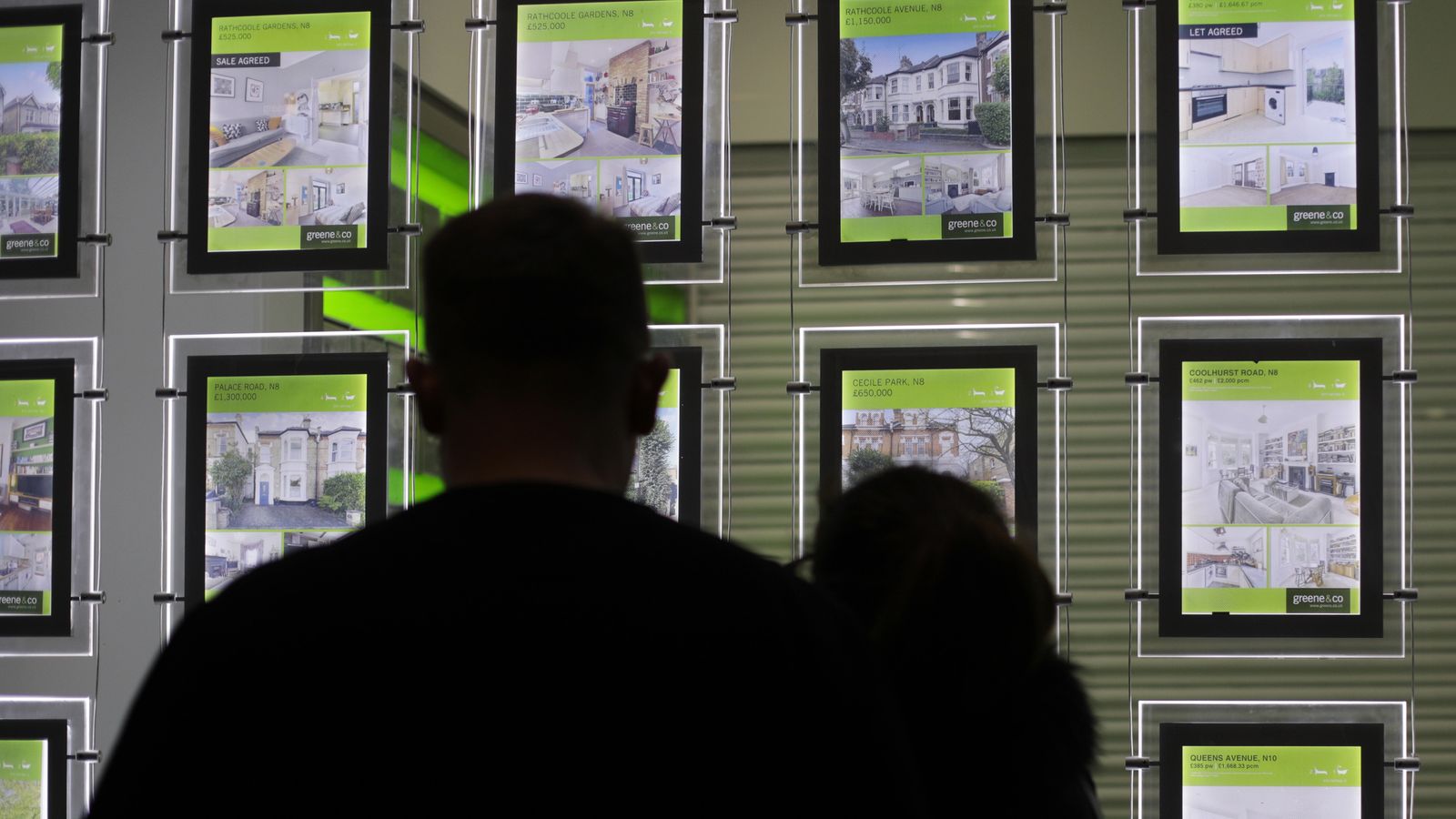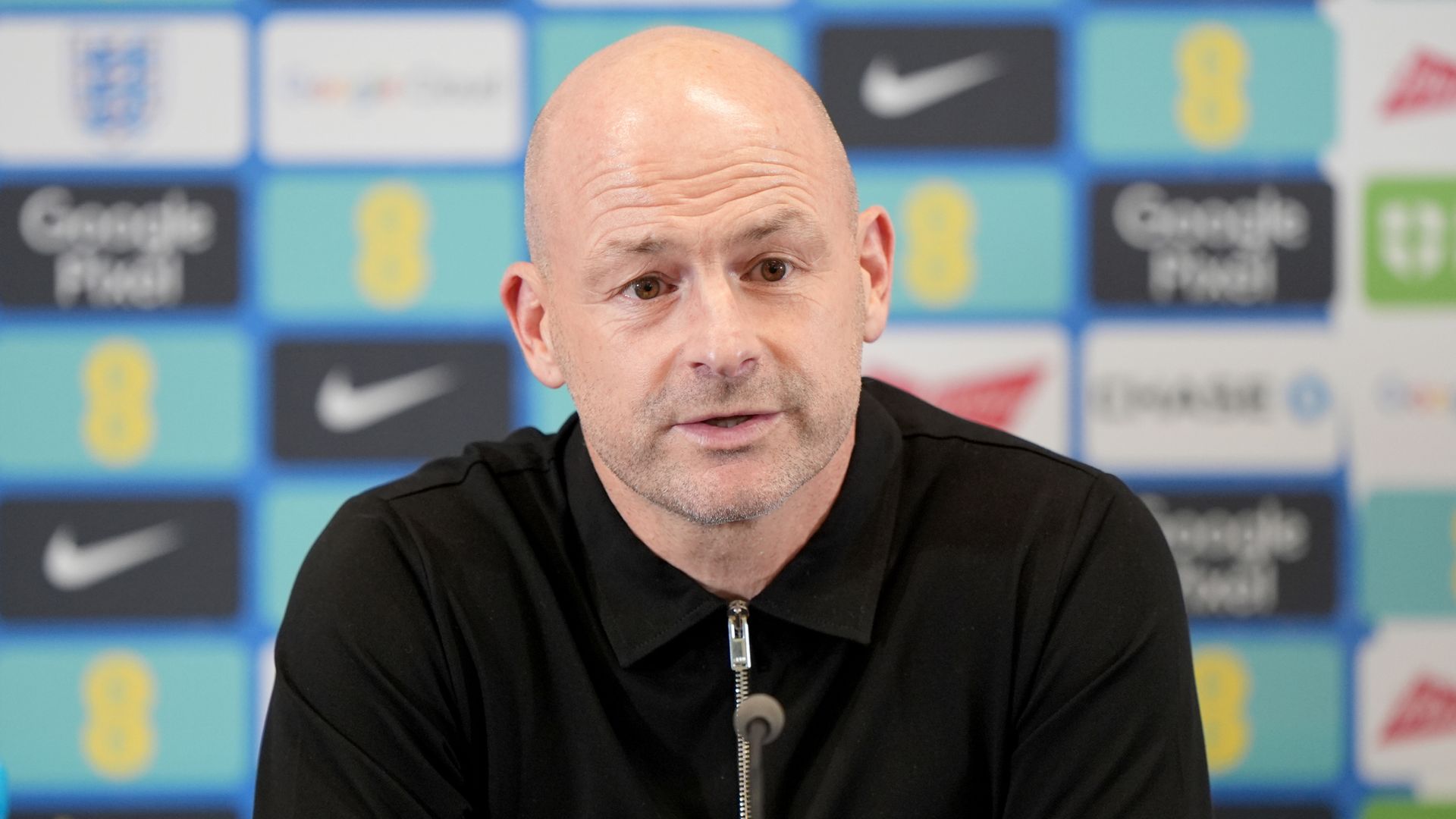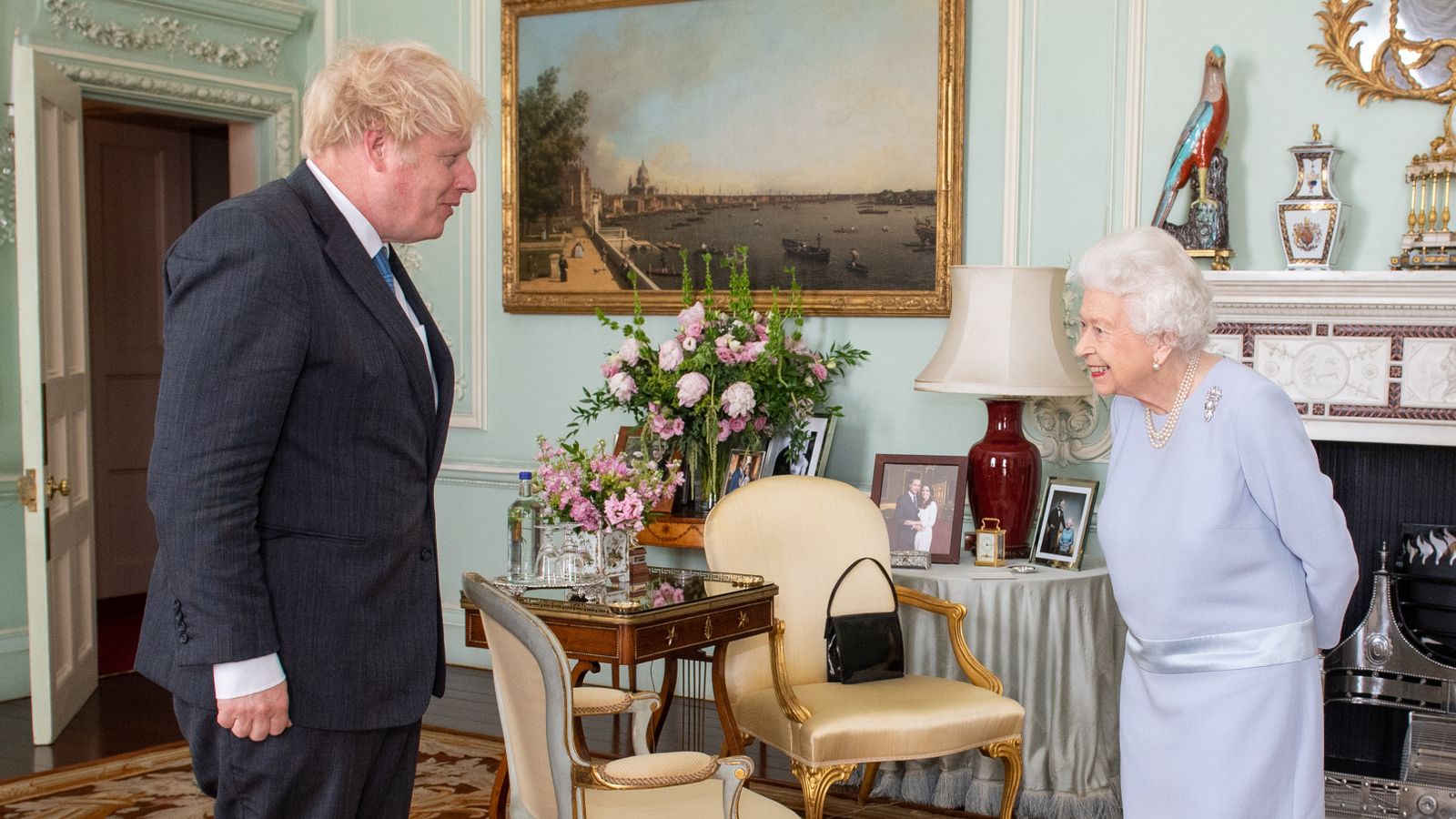Average UK house prices increased by 15.5% in the year to July, up from the 7.8% increase seen in June, according to the Office for National Statistics.
It is the highest annual inflation rate seen since May 2003, reflecting how prices in the same month last year were affected by the end of the stamp duty holiday, the ONS said.
The average UK house price was £292,000 in July 2022, which is £39,000 higher than this time last year.
Tom Bill, head of UK residential research at Knight Frank, said: “The large jump in house prices recorded in July tells us more about how a stamp duty holiday can alter the course of the housing market than where prices are headed next.
“The new government’s energy support package combined with record low unemployment will help oil the wheels of the property market but rising mortgage rates will ultimately curb the double-digit price growth seen over the last two years although we don’t expect prices to fall.
“The government is effectively in pre-election mode and further tax cuts will benefit the housing market in the short-term. The risk is that fiscal largesse today means rates will eventually need to rise faster.”
Mortgage rates rise expected to push house prices down
Fall in fuel costs helps inflation ease to 9.9% in August
Cost of living crisis: ‘Urgent, substantial action’ needed to keep firms afloat, chancellor told
Center Parcs U-turns over plans to turf out guests on day of Queen’s funeral
Gabriella Dickens, senior UK economist at Pantheon, said: “Looking ahead, we expect house prices to fall outright in the second half of the year, given the size of the rise in mortgage rates.
“The rate on a two-year mortgage with a 75% LTV ratio leapt to 3.64% in August, from 1.64% in January, and looks set to jump to around 4.5% by the end of the year, if markets are right about the current path for Bank Rate.
“Several of the timeliest indicators already have turned downwards.
“For instance, the new buyer enquiries balance of the RICS Residential Market Survey fell in August to its lowest level since the market was closed during the first lockdown.
“There will be some offsetting support to prices, however, from the recently-announced cap on energy prices, which will limit the squeeze on real incomes, the ongoing scarcity of supply, and the resilient labour market.
“All told, then, we think that house prices will drop by about 2% over the next six months and then will start to recover in 2023, particularly if the BoE holds back from increasing Bank Rate as quickly as investors currently expect.”








